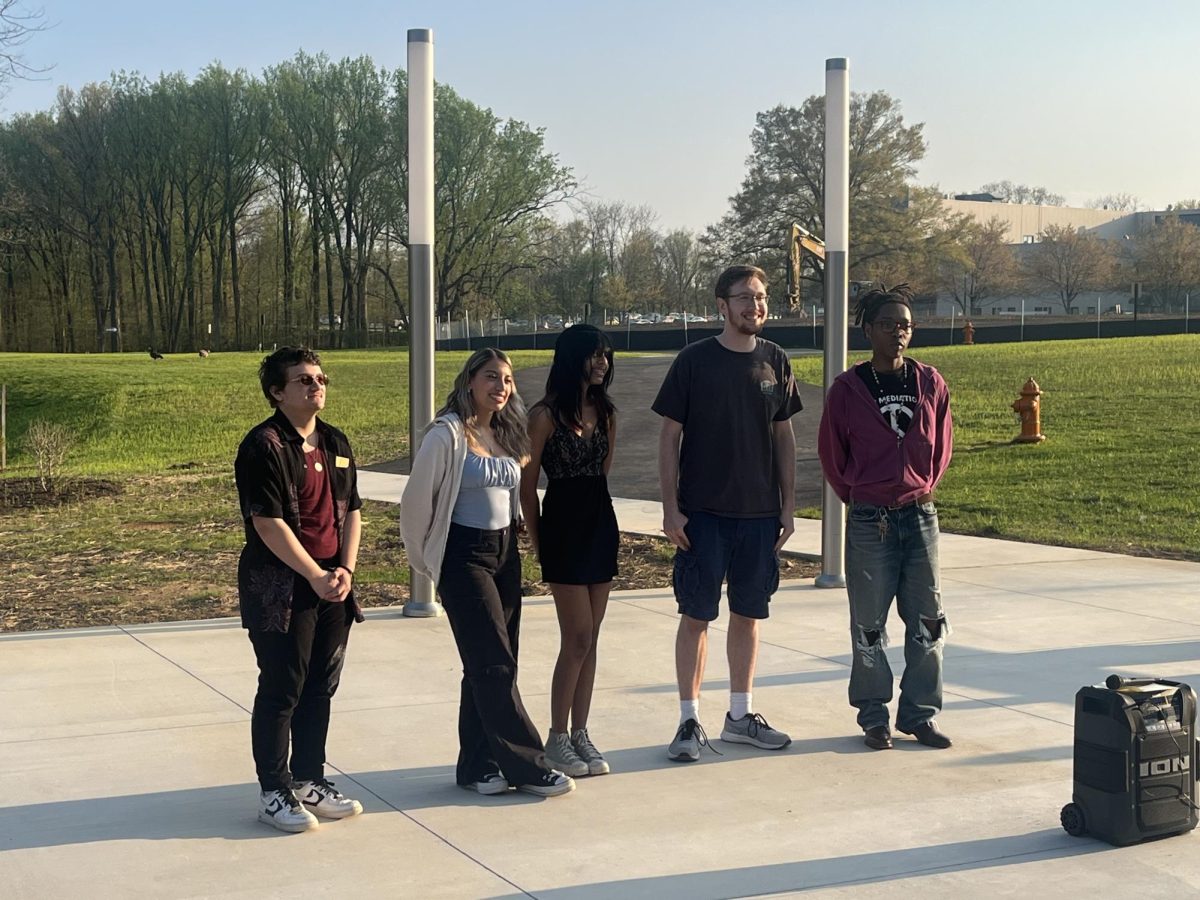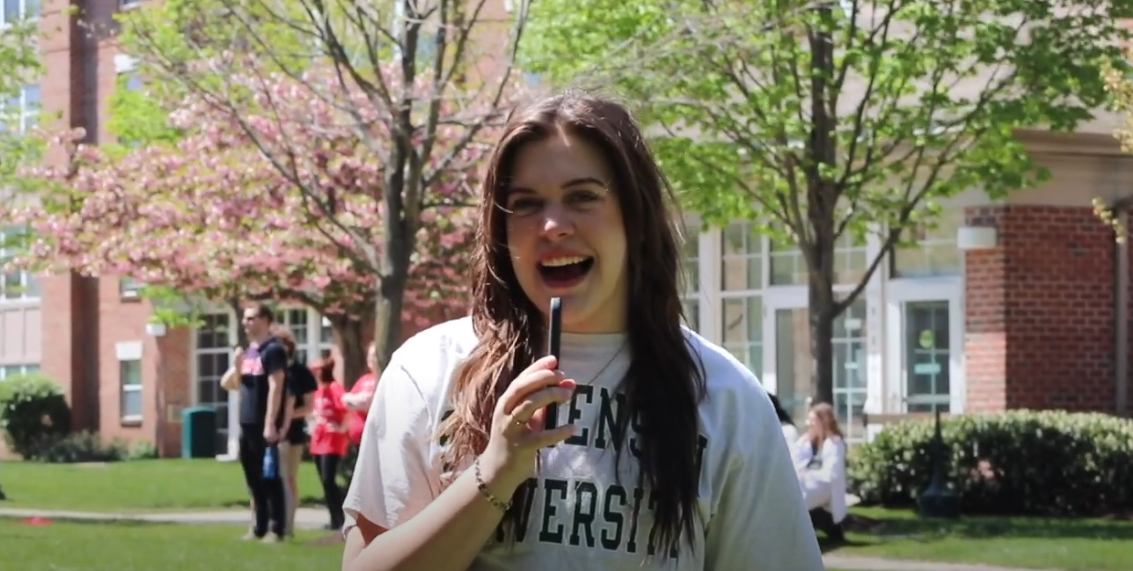By: Rayhan Obey
Depression is like a drug! It’s somehow addicting and the only way to recover is by opening up and getting help. Few people understand the effect depression has on someone who battles with depression.
Depression is a complex disease, and it can be composed of personal feelings dissembling you from reality because you are trapped in discomfort. This can include mood changes, appetite changes, loneliness, and suicidal thoughts.
If you are experiencing similar feelings and behaviors, there is a possibility that depression or anxiety could be affecting you. It is a terrible feeling but at least you are not alone.
“It is not unusual for college-aged students when they are away from home (to suffer from depression),” said Dika Seltzer, a Towson-based psychotherapist. She said the illness “leaves (students) with more pressure than usual. No one is really monitoring them. College kids have more freedom and sometimes (that) leads to an unwise decision.”
Depression is a silent killer that takes lives without warning, punishment, or sympathy. It is one of the most common mental disorders in the world. It can affect anybody, regardless of sex, race, ethnicity, or socioeconomic standing.
Many health care professionals believe the global COVID pandemic has led to an epidemic of mental health problems among college-aged Americans.
Some students are unfamiliar with the collegiate environment. Students discover that they have more independence than in prior years of high school, but that their friends and family are no longer around to assist them with decision-making and problem-solving. Some students rapidly create new friends and acquaintances with whom they may share their concerns or difficulties in life, while this does not happen as readily for others. Those who do not have someone to confide in may be more vulnerable to depression.
“Anyone who is suffering, sad, lonely, or suicidal thoughts should reach out,” Seltzer said to a parent or mental health professional.
“Depression can be treated, and it can be treated successfully,” she said.
Almost 600 students did reach out to Stevenson University’s Wellness Center, resulting in 724 counseling appointments. Fifty to 75% of all students deal with some depression that requires counseling.
Dr. Gary Stone, assistant director, and Psychologists at the Stevenson University Wellness Center say that students’ emotions are driven by how they think. “If I told you to sit in a chair and do nothing but think depressed thoughts all day, you would become a depressed person,” he said. “If I told you to think of paranoid thoughts, you would become a paranoid person. The way you think allows your mindset to focus on that. You must program yourself to a proper system which runs smoothly.”
Unfortunately, the problem is still stigmatized, and many people do not feel comfortable talking about it in public. Nevertheless, the problem is widespread and destructive on campus.
“Depression has made such a massive impact on my life that I was so lost in life,” a Stevenson Cyber security major who chooses to remain anonymous said. “I did not feel right. I was delusional.” Said Another Stevenson student who could relate. He said his need to succeed in both his academic studies and his job created a big problem. “It is just too much pressure from work and school,” he said. Like many others, he felt bombarded by school assignments and his work. Other students describe running from class to class worried about whether they can reach class on time and then stay awake once they get there. Simple life tasks like eating on time only add to the pressure. They say it is almost like a game of musical chairs running through their minds, as they feel like they lose control.
Another Stevenson student explained what led him to depression. “I thought I wasn’t good enough, whether it’s for education, relationship, or anything. I always felt discouraged.”
“I finally decided to put myself out there, meet new friends and talk to my family,” he said. “I let myself out of the cage that I had put myself in. Releasing myself from this pain and talking it out helped me feel relieved.”
If you or anyone you know is struggling with depression, you can reach out to the professionals at the Stevenson Wellness Center.
Call them on 443-352-4200, or email them at [email protected]










































